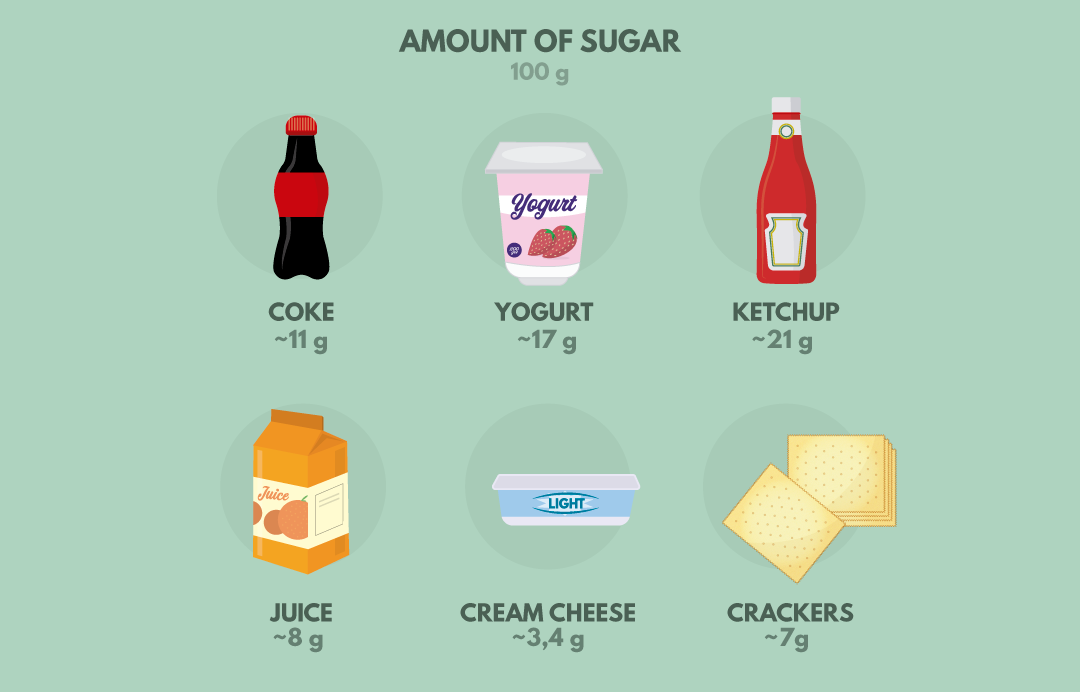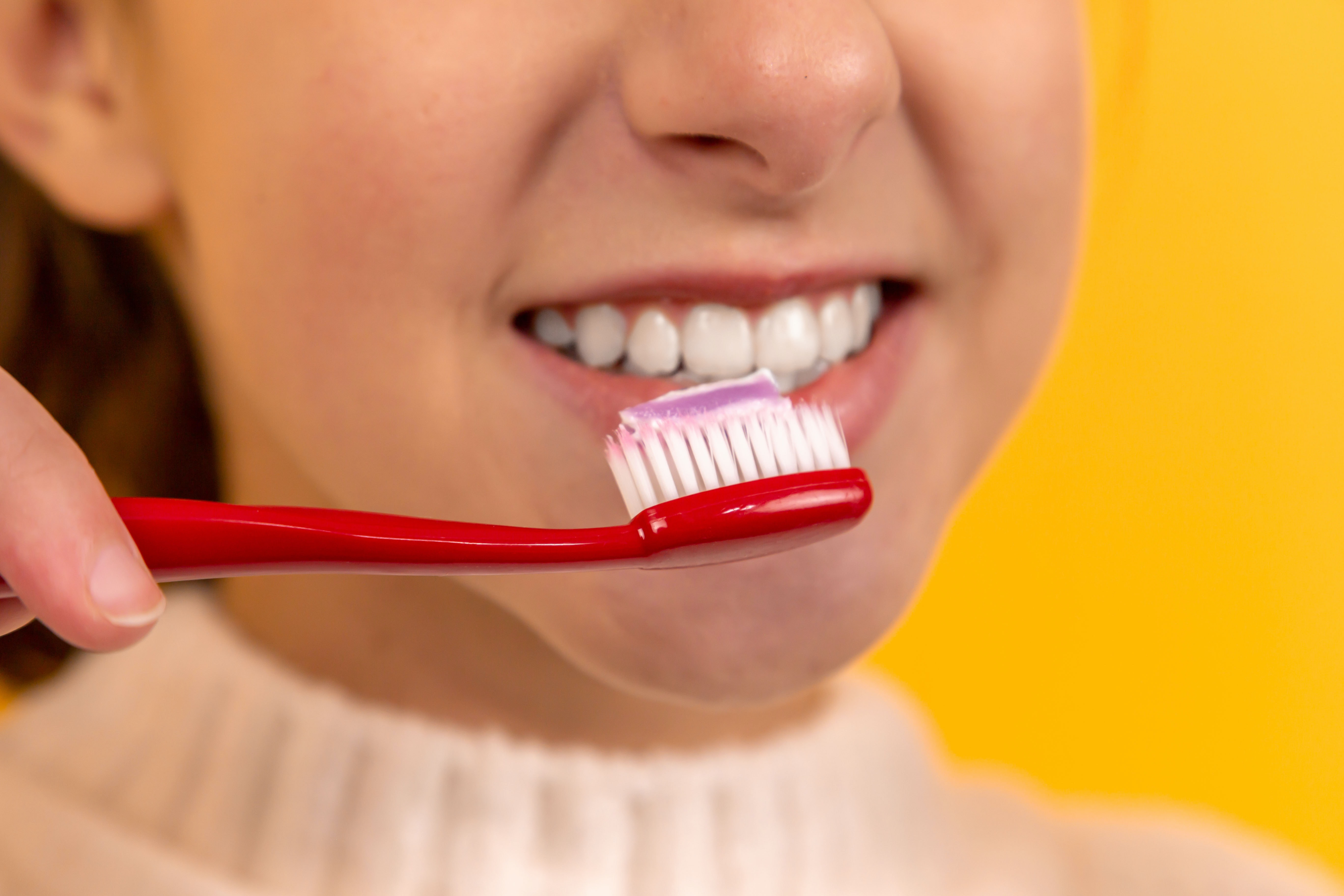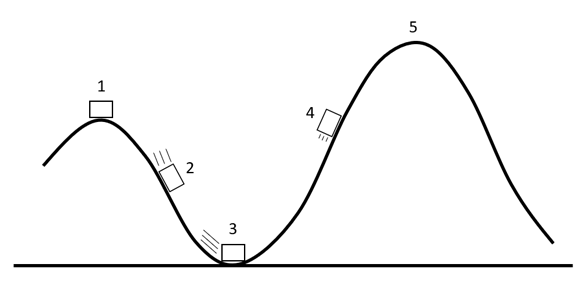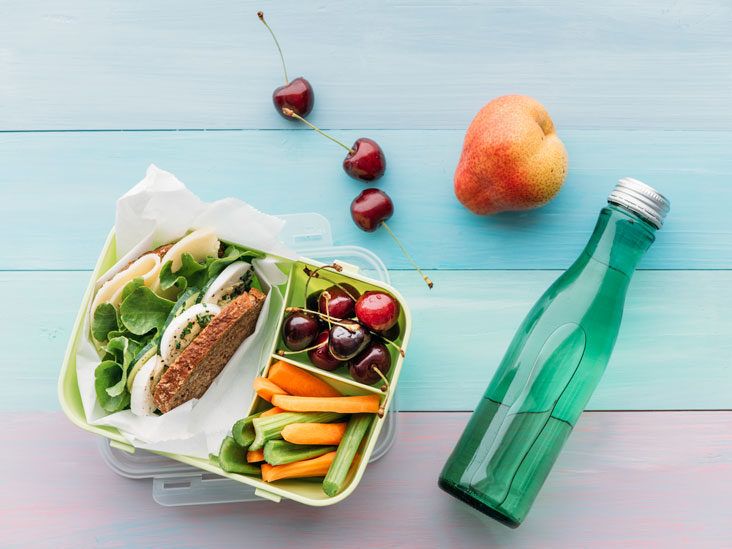
The Sugar Trap: How Excessive Sweeteners Are Sabotaging Your Health and Energy
, by Samir Padhan, 8 min reading time

, by Samir Padhan, 8 min reading time

Sugar has become a staple in the modern diet, often hidden in foods we wouldn’t expect. From processed snacks to beverages, even items labeled as "healthy" can be loaded with added sugars. The World Health Organization (WHO) recommends that added sugars should make up less than 10% of your total daily energy intake, but most people exceed this limit, often without realizing it.
Weight Gain and Obesity

Increased Risk of Chronic Diseases

Dental Problems

Impact on Mental Health

Energy Rollercoaster

The Blood Sugar Spike and Crash

Disrupted Sleep Patterns

Reduced Physical Performance

Read Labels Carefully
Choose Natural Sweeteners

Increase Protein and Fiber Intake

Stay Hydrated
Focus on Whole Foods

| Meal | Food Options | Reason |
|---|---|---|
| Breakfast | Oats with fresh fruits (berries, apples), a sprinkle of cinnamon, and unsweetened almond milk | High fiber, low sugar, and energy-sustaining foods |
| Mid-Morning | A handful of nuts (almonds, walnuts) or a small bowl of plain yogurt with a dash of honey | Provides healthy fats and proteins to keep you full |
| Lunch | Grilled chicken or tofu with quinoa, a mixed salad with olive oil and lemon dressing | Balanced protein, fiber, and healthy fats |
| Afternoon Snack | Fresh fruit (apple or orange) with a slice of whole-grain toast topped with avocado | Fiber-rich and energizing without sugar spikes |
| Dinner | Baked salmon or lentils with steamed veggies (broccoli, spinach) and sweet potatoes | A balanced meal with healthy carbs and proteins |
| Evening Snack | A small piece of dark chocolate (70% cocoa) or herbal tea | A healthy treat without overloading on sugars |
Q1: How much sugar is too much?
A: The World Health Organization (WHO) recommends that added sugars should make up less than 10% of your total daily energy intake. For most adults, this means limiting added sugars to around 25 grams (6 teaspoons) per day.
Q2: Can I completely eliminate sugar from my diet?
A: While it's possible to reduce added sugars significantly, it's difficult and not necessary to eliminate all sugars, especially natural sugars found in fruits and vegetables. Focus on reducing added sugars and consuming whole foods.
Q3: What are the best natural alternatives to sugar?
A: Some healthier alternatives include honey, maple syrup, stevia, and monk fruit sweetener. These can be used in moderation to satisfy your sweet tooth without the harmful effects of processed sugar.
Q4: How can I reduce sugar cravings?
A: Reducing sugar cravings can be managed by eating balanced meals, staying hydrated, getting enough sleep, and slowly weaning off sugary foods. Incorporating more protein and fiber in your diet also helps.
Q5: What is the connection between sugar intake and fatigue?
A: Sugar causes rapid spikes and crashes in blood sugar levels, leading to an energy rollercoaster. This can result in fatigue, irritability, and increased cravings, making you feel more tired in the long run.
1. Can cutting out sugar help with weight loss?
Yes, reducing sugar intake can lead to weight loss, as sugary foods are often high in empty calories. By cutting out these foods, you reduce your calorie intake and stabilize your energy levels, which can promote weight loss.
2. Are artificial sweeteners better than sugar?
Artificial sweeteners may help reduce calorie intake, but they come with their own risks and potential health issues. It's best to use natural sweeteners in moderation and focus on whole, unprocessed foods.
3. Does sugar really affect mental health?
Yes, excessive sugar consumption has been linked to mood swings, anxiety, and even depression. This is due to the rapid changes in blood sugar levels, which can affect your brain and emotional well-being.
4. How can I gradually reduce my sugar intake?
Start by making small changes, such as reducing sugar in your coffee, opting for unsweetened snacks, and avoiding sugary drinks. Gradually replace sugary foods with healthier options like fruits, nuts, and whole grains.
5. Is sugar addiction real?
Yes, sugar can be addictive. It triggers the release of dopamine in the brain, the same "feel-good" chemical associated with addictive behaviors. Over time, this can lead to a dependency on sugary foods.
Breaking free from the sugar trap is not easy, but it is essential for your long-term health and energy levels. By making mindful choices and reducing your sugar intake, you can regain control over your health, stabilize your energy levels, and avoid the many negative consequences of excessive sweeteners. Remember, the key is moderation and making informed choices about what you consume.


